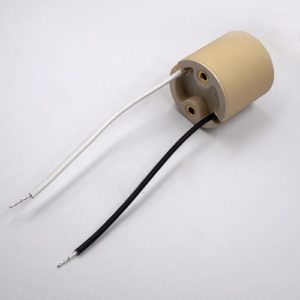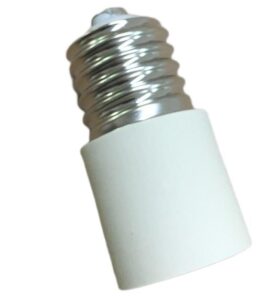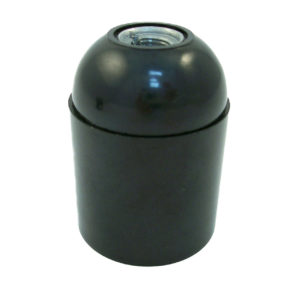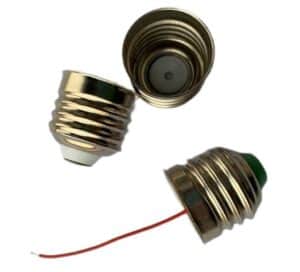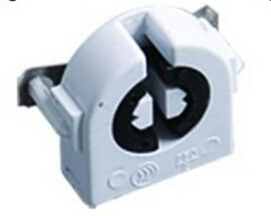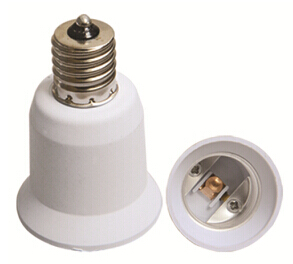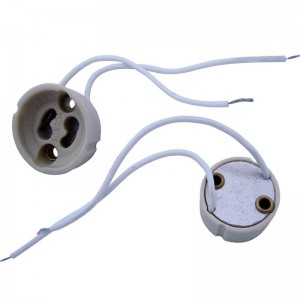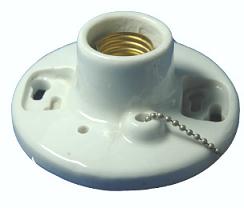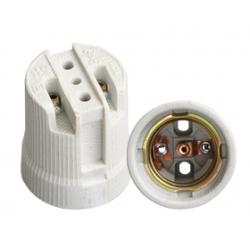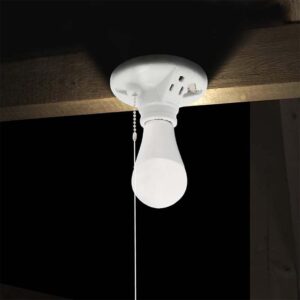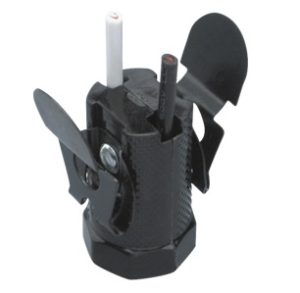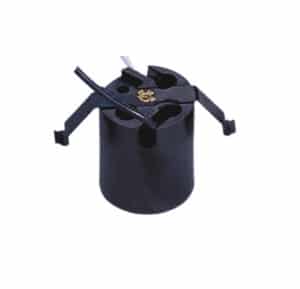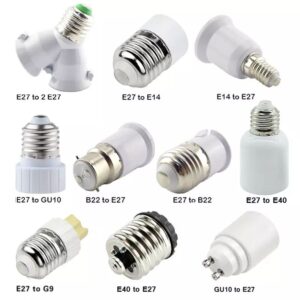The transition from traditional lighting methods to modern alternatives often raises a myriad of questions. With energy efficiency and eco-friendliness becoming a focal point, it’s no wonder individuals and businesses alike are considering the change.
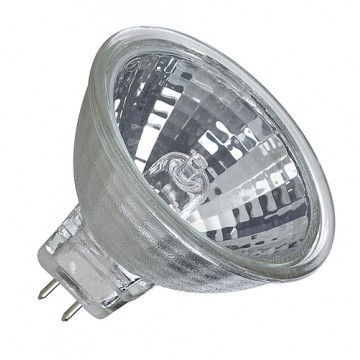
The simple answer is yes, halogen bulbs can generally be replaced with LED bulbs. Not only can they be replaced, but they also offer a host of advantages that we’ll explore in this article.
Understanding the dynamics of these two types of bulbs can illuminate the right path for you. Let’s delve deeper into their differences, advantages, and challenges.
What Happens if You Replace a Halogen Bulb with LED?
Halogen bulbs and LED bulbs operate on different principles. When replacing a halogen bulb with an LED, you will notice an immediate decrease in energy consumption. LED bulbs consume significantly less power than halogen bulbs. This means that you might experience a substantial reduction in your electricity bills.
However, it’s essential to ensure that your existing fixtures and transformers are compatible with LED bulbs. Some older transformers might not be compatible, leading to flickering lights or the bulb not working at all.
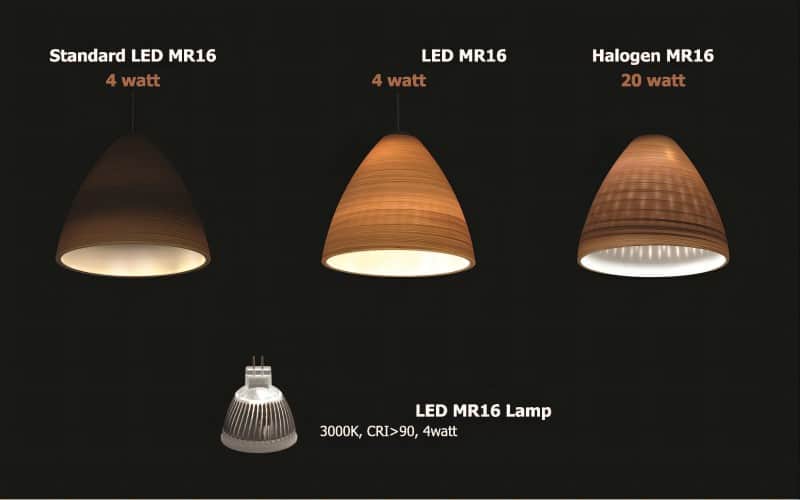
What are the Best LED Lights to Replace Halogen?
There are numerous LED brands and models in the market, making it a daunting task to pinpoint the best. When looking for the best LED replacements for halogen, prioritize LEDs that offer similar brightness (measured in lumens), have good color rendering, and are compatible with your fixtures.
Brands like Philips, Cree, and Osram have consistently received positive reviews for their LED bulbs’ performance and reliability.
Is it Worth Replacing Halogen with LED?
When considering the benefits, such as energy savings, longer lifespan, and reduced heat emission, replacing halogen with LED often becomes a worthy investment. Over time, LED bulbs tend to pay for themselves in energy savings alone. Moreover, their longer lifespan means fewer replacements, leading to cost savings in the long run.
Can LED Bulbs be Used in Any Fixture?
While LEDs are versatile, they can’t be used indiscriminately in any fixture. It’s crucial to check the fixture’s voltage and compatibility. Some older fixtures, especially those designed exclusively for halogens, might require modifications or replacements to accommodate LED bulbs.
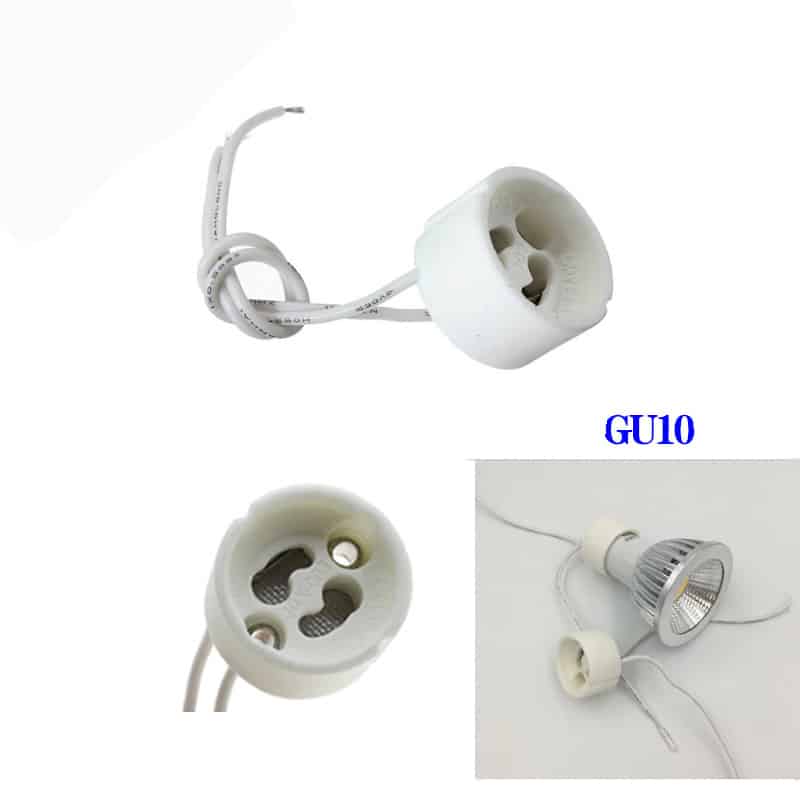
What is Cheaper to Run LED or Halogen Bulbs?
Without a doubt, LED bulbs are cheaper to run. They consume up to 85% less energy than halogen bulbs. This translates to a significant reduction in electricity costs over time, making LEDs a more economical choice in the long run.
Which is More Brighter Halogen or LED?
Brightness is measured in lumens. While halogens tend to produce a lot of brightness for their size, LED technology has advanced to the point where they can produce the same amount of light while using less energy. Thus, for the same lumen output, an LED will consume far less power than a halogen bulb.
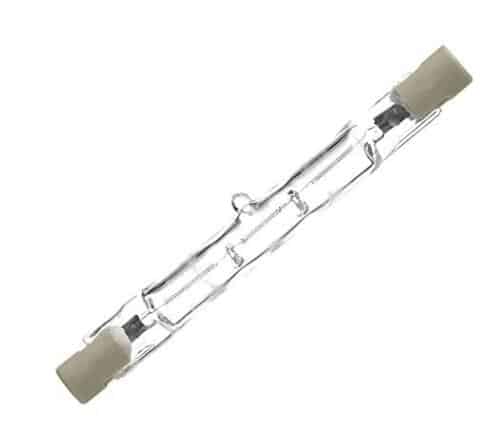
Which Light is Good for Eyes: Halogen or LED?
Both lights have their merits. Halogen bulbs produce a warm light that can be easy on the eyes. However, they emit UV rays, which can be harmful in prolonged exposure. LEDs, on the other hand, do not emit UV rays and can be dimmed to suit individual comfort. With the right color temperature, LEDs can be as comfortable on the eyes as halogens, if not more so.
What are the Disadvantages of Halogen?
Halogen Light bulbs, while popular, come with several disadvantages. They consume more energy, have a shorter lifespan, emit a significant amount of heat, and can pose a burn risk if touched. Additionally, they emit UV radiation, which can fade fabrics and artwork over time.
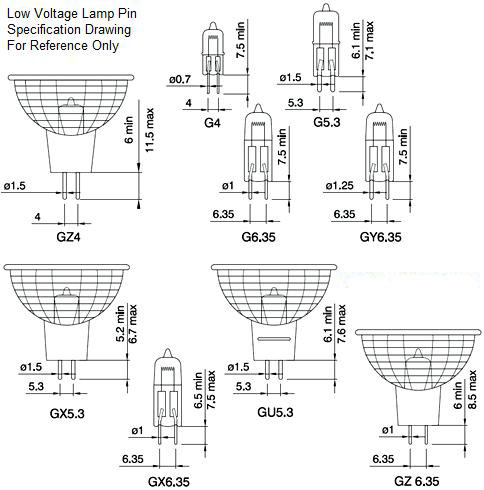
Conclusion
In the grand spectrum of lighting, the transition from halogen to LED offers undeniable benefits in terms of cost, efficiency, and eco-friendliness. While the initial investment may seem high, the long-term advantages far outweigh the costs.

